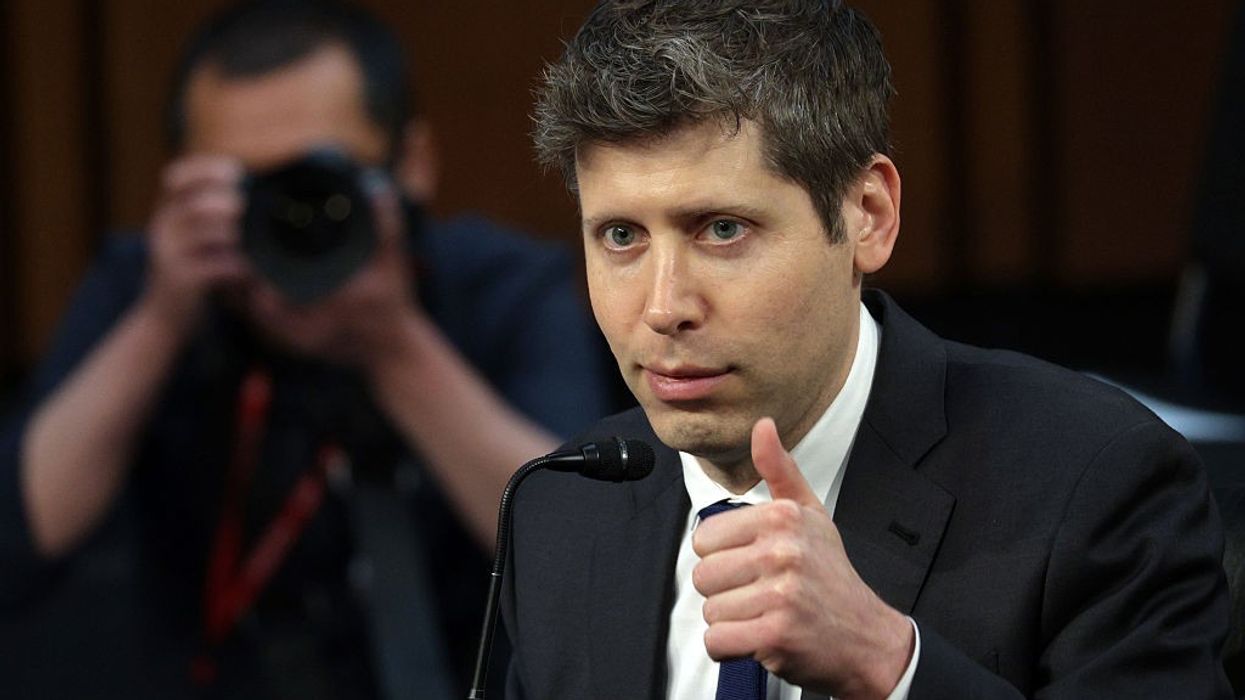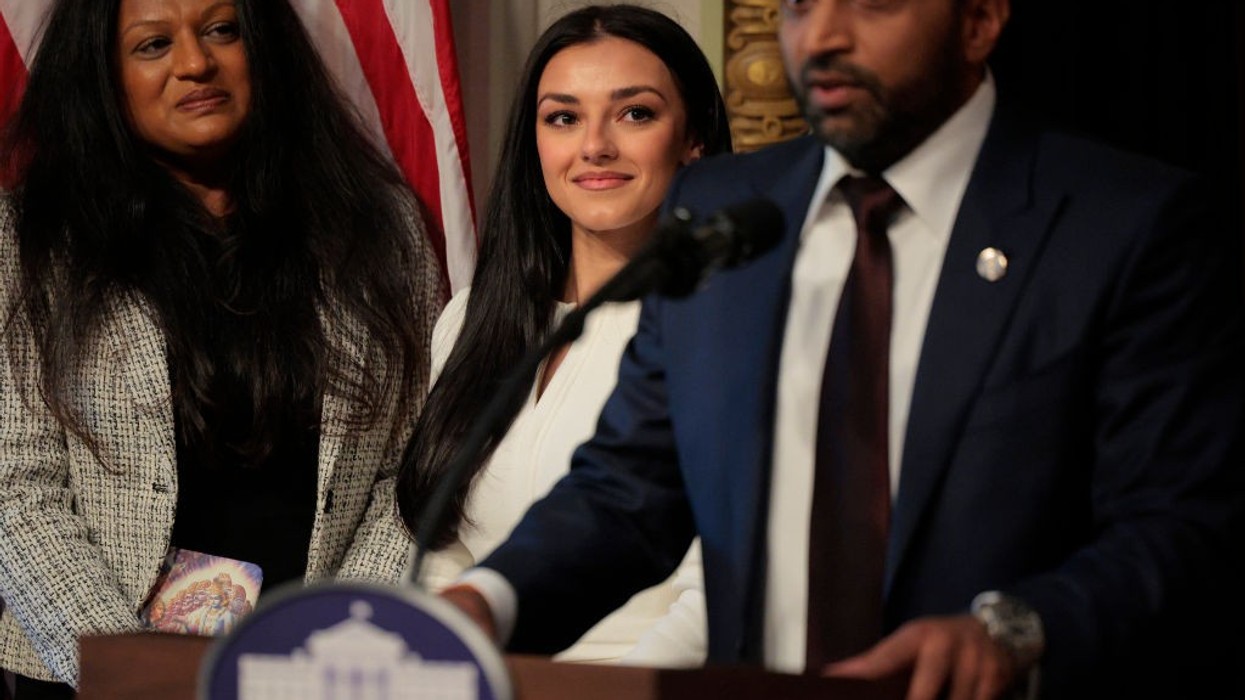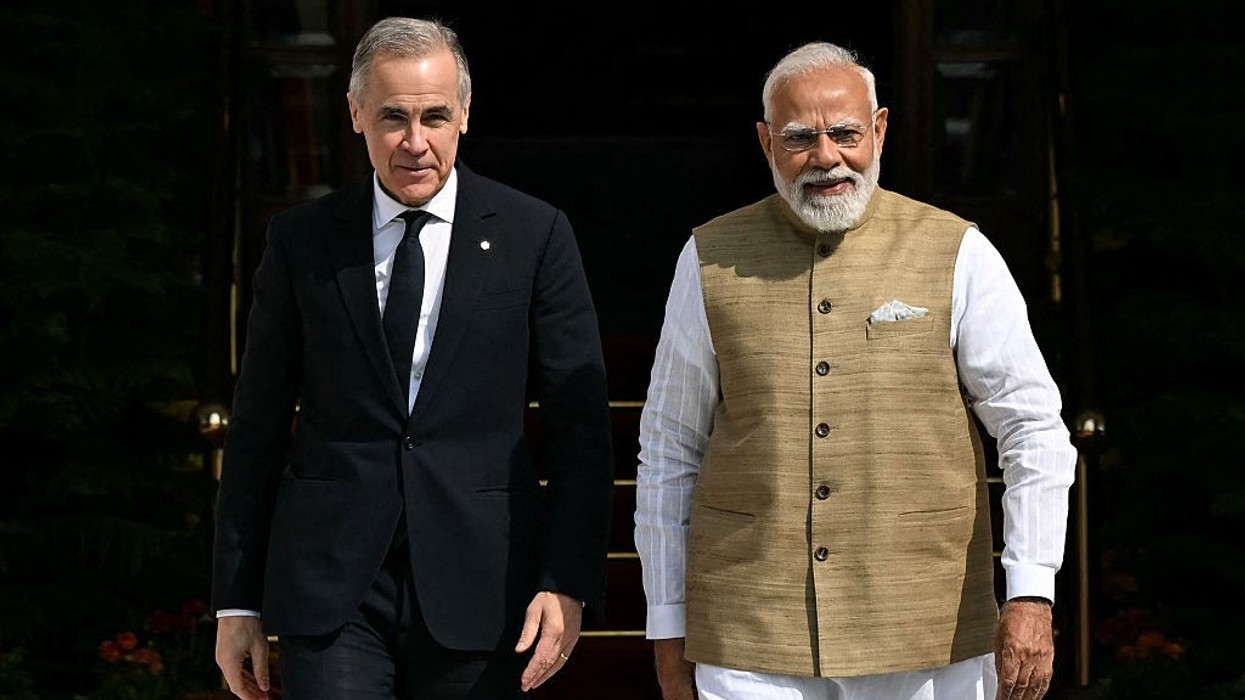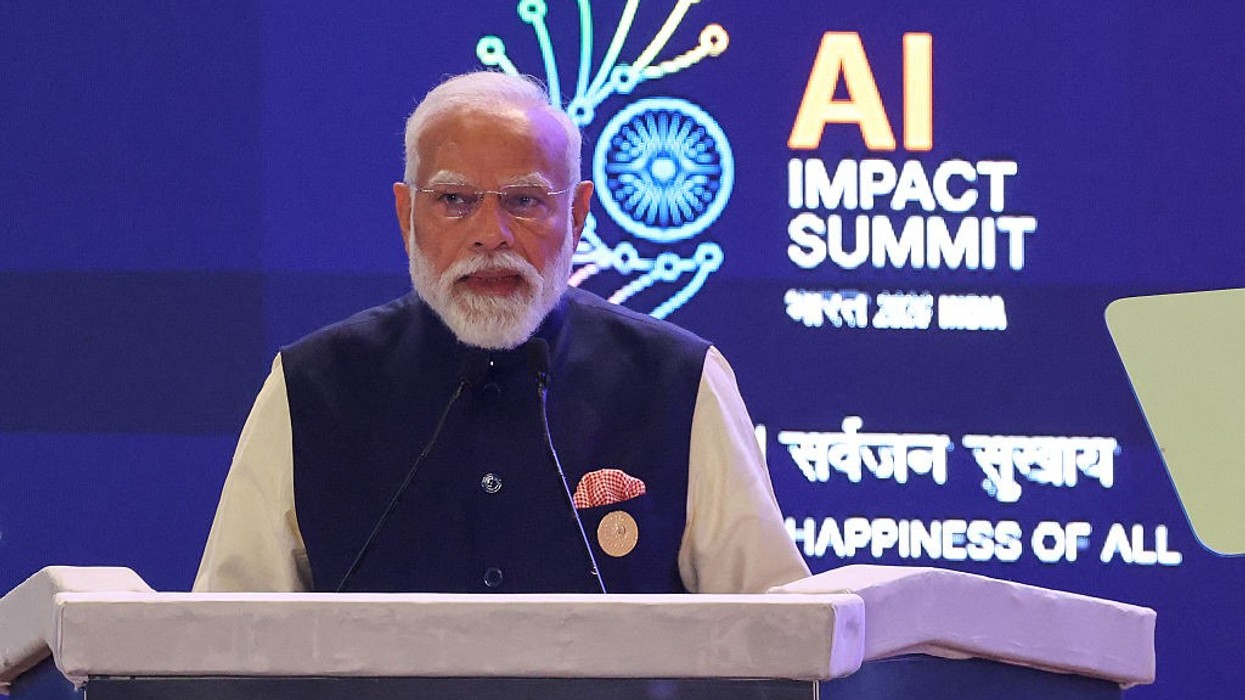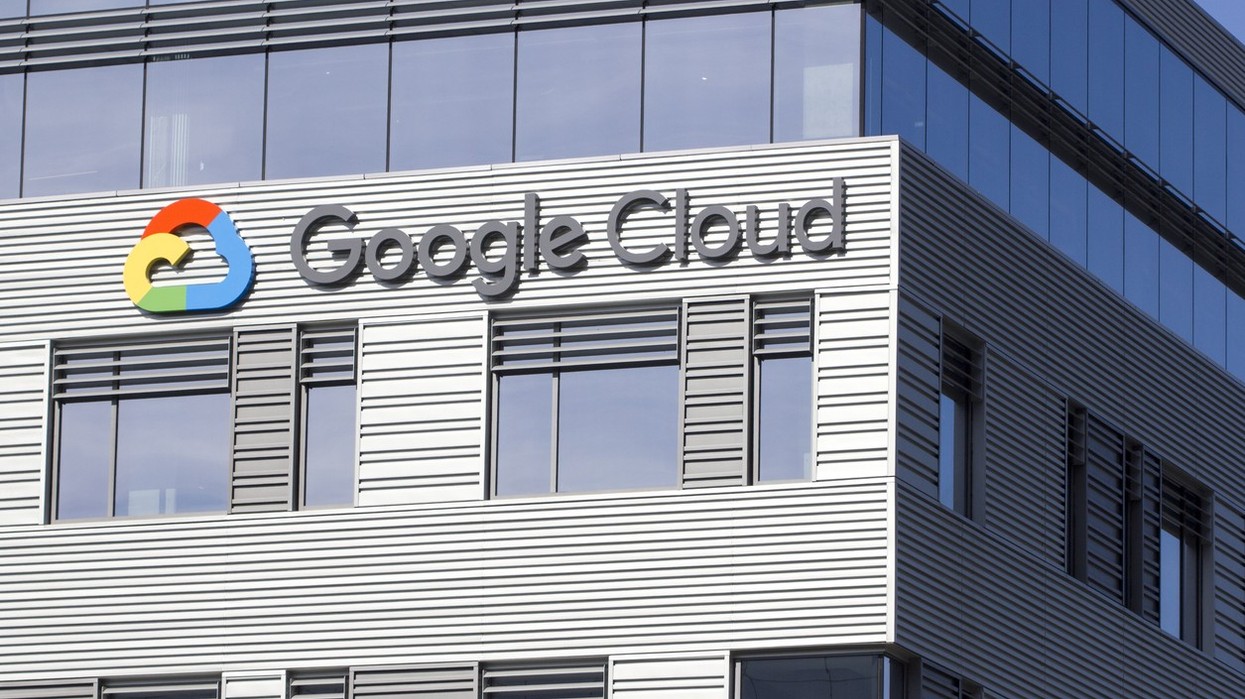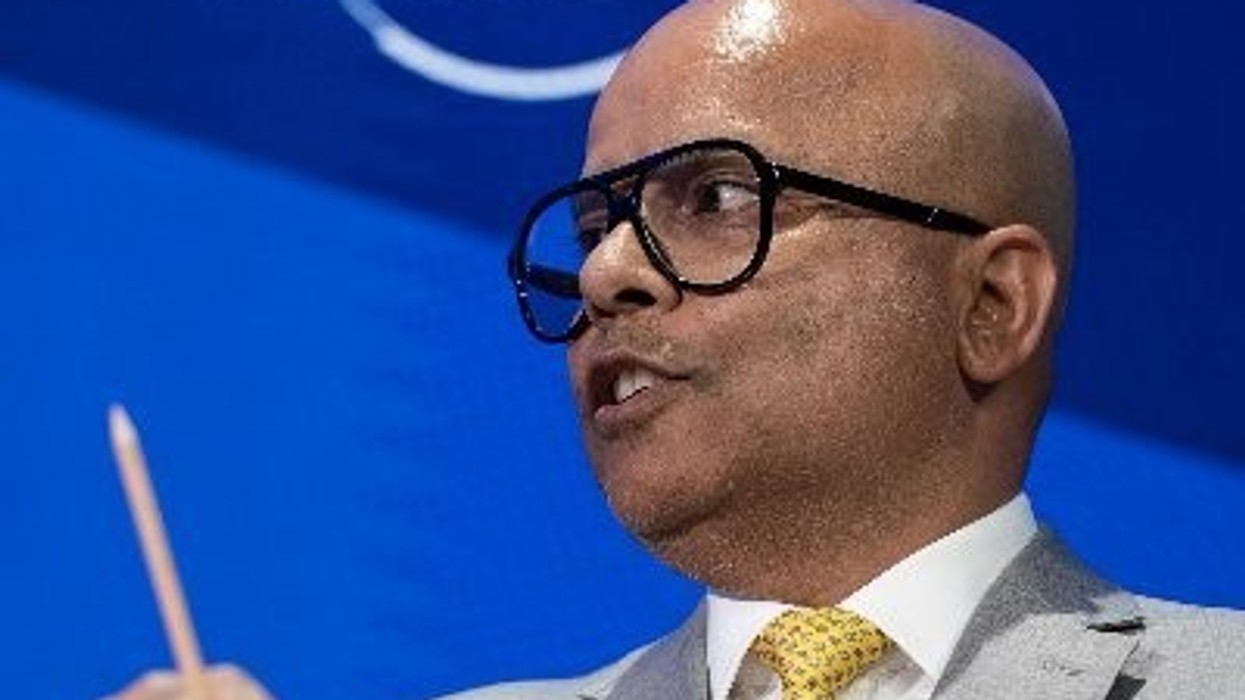The tech world is booming with AI innovation. With OpenAI, Meta, Google, and Microsoft all in the race, Silicon Valley is witnessing intense competition. Alongside product innovation, there's a fierce battle to attract the brightest minds in the field.
OpenAI, however, has a bold and praiseworthy approach to building its talent pools. The company’s residency program is tackling the challenge of attracting top talent by looking outside of the industry altogether. The program, which is a fully paid six-month program, attracts AI researchers from adjacent fields including physics or neuroscience, offering them a pathway to the AI industry. The only requirement is that they have curiosity and passion for AI. Jackie Hehir, OpenAI’s research residency program manager, says that residents aren’t those seeking Ph.D. in machine learning or AI, nor are they employees of other AI labs. She added, “They’re really passionate about the space.”
The six-figure salary places OpenAI residents in the top 5% of American workers. But this has turned into a bargain in the rarefied world of artificial intelligence, where the bidding war for talent has some companies tossing around nine-figure bonuses.
Meta has reportedly been compiling a list of top talent to poach in the AI talent wars. Last week, Meta hired top OpenAI researcher Trapit Bansal and three other OpenAI employees who set up the company's Zurich office: Lucas Beyer, Alexander Kolesnikov, and Xiaohua Zhai. The Information reported on Saturday revealed that Meta had hired four more OpenAI AI researchers: Shengjia Zhao, Jiahui Yu, Shuchao Bi, and Hongyu Ren.
A memo was later shared by OpenAI Chief Research Officer Mark Chen with staff on Saturday, stating that OpenAI would take steps to counter Meta’s talent poaching. "I have a visceral feeling right now, as if someone has broken into our home and stolen something," Chen stated in the memo. "Please trust that we haven't been sitting idly by."
Chen said he was collaborating with OpenAI CEO Sam Altman to talk to employees about competing offers from Meta. Company leadership is "recalibrating" compensation and "scoping out creative ways to recognize and reward top talent" in response to these offers, Chen wrote.
According to sources OpenAI has ordered a week-long mandatory break for all employees in what appears to be a move seen by many as a desperate attempt to stem internal unrest and retain talent.
While OpenAI wants to keep its staff, it also wants to keep compensation "fair" among employees. "While I'll fight to keep every one of you, I won't do so at the price of fairness to others," Chen wrote in the memo.
Altman said earlier this month that Meta was trying to recruit OpenAI researchers with "$100 million" signing bonuses and "more than that" in compensation, but that none of OpenAI's "best people" had taken the offer.
OpenAI is building a pipeline into the AI industry by nurturing talent that aligns closely with its core mission. This vision, led by CEO Sam Altman, has been central to the company’s strategy for retaining top minds and fostering innovation. As one former employee told Business Insider, the culture is 'obsessed with the actual mission of creating AGI'—artificial general intelligence.
Nearly every resident who performs well receives a full-time offer. Each year, the company welcomes around 30 residents and according to Hehir, every resident offered a full-time contract so far has been accepted. While OpenAI’s unconventional, forward-thinking approach is revolutionary and deserves appreciation, the talent war poses a challenge to the AI pioneers led by Sam Altman.
